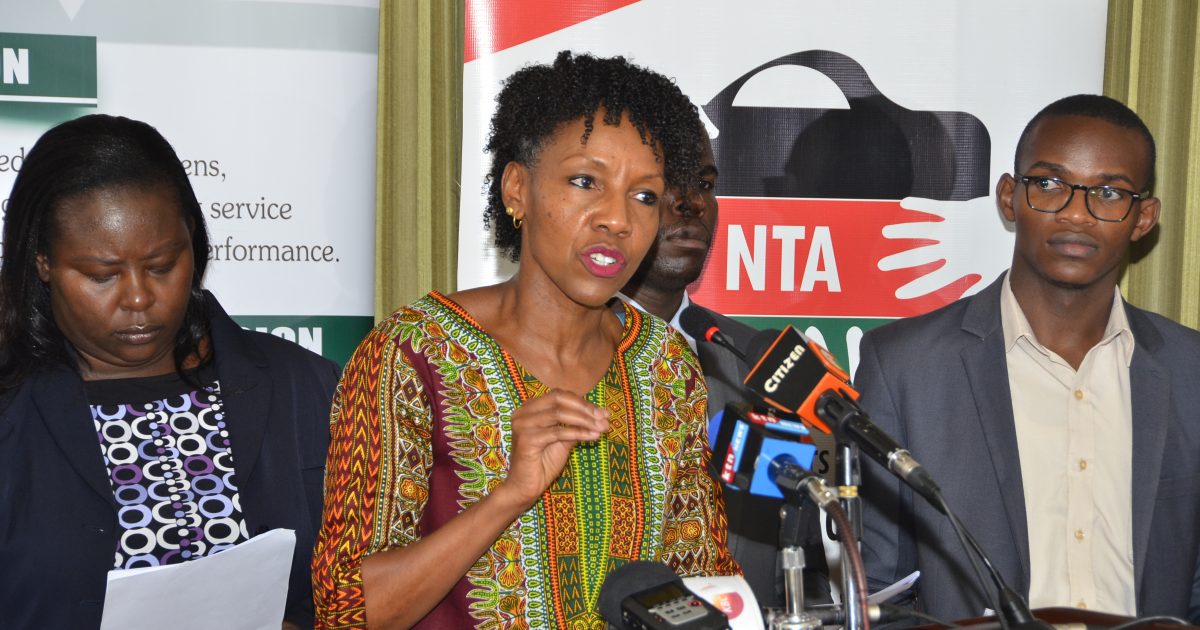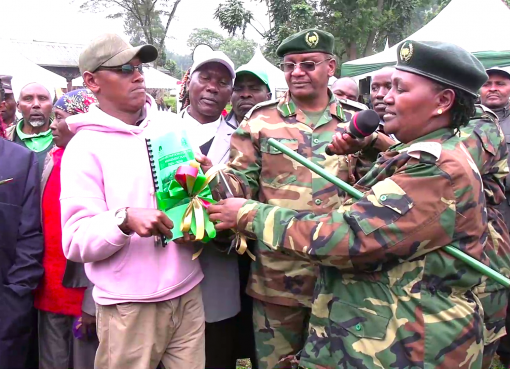
Members of the Civil Society Organizations (CSO) have urged the government to re-open the development of the proposed debt policy and borrowing framework to enable public participation.
Addressing the media at a Nairobi Hotel on Tuesday, the Institute for Social Accountability (TISA) National Coordinator, Wanjiru Gikonyo said the National Treasury should allow a meaningful engagement as public participation in the financial management is enshrined in the Constitution.
“The Treasury should not have released the draft Budget Policy Statement (BPS) 2020 on the exact day public participation for the sector closed and the provision of less than one week to make submission into the BPS,” said Gikonyo.
She added that the country is in a debt crisis which currently stands at Sh.6.2 trillion which is equivalent to 64 percent Gross Domestic Product (GDP).
Daniel Owiro, the Economic Expert and Consultant who also gave a presentation of public debt analysis said the current debt has affected the country’s economic growth.
Owiro highlighted that the government is currently repaying about Sh.440 billion in the 2019/2020 fiscal year debt repayment.
The organizations suggested policy reforms which included, implementation of balanced budget, reducing commercial borrowing, borrowing depending on independent cost analysis, diversifying currency mix, establishing comprehensive fiscal rules and enhancing debt transparency and accountability.
They said the National Treasury exceeded the borrowing threshold set in the Medium-Term Debt Strategy.
Regarding the International Monetary Fund (IMF) and the Kenya Government over a new precautionary Stand-By Arrangement (SBA), the organizations said they do not support IMF recommendations of tax increment.
They also stressed on public participation, transparency and representation on the SBA process.
By Joy Omonya/Brian Oduya





